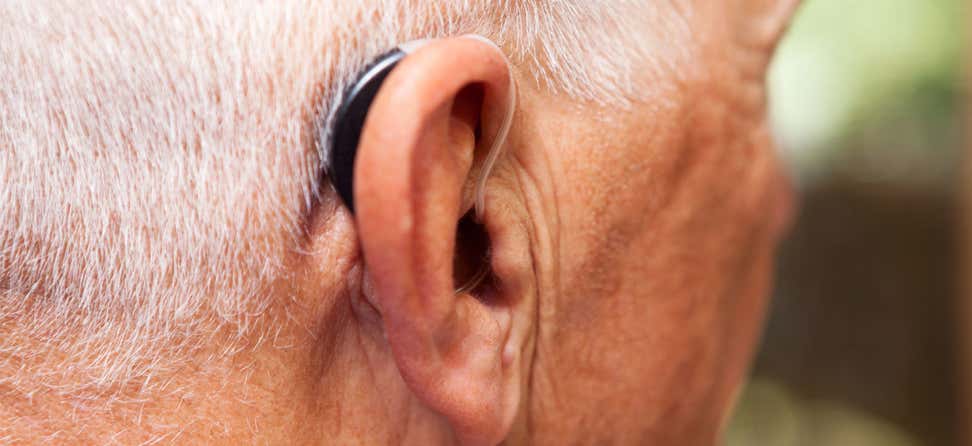Key Takeaways
Nearly one in three older adults aged 65-74, and over half of those aged 75+, have hearing loss.
Medicare does not cover routine hearing assessments or hearing aids.
Several charitable foundations and other resources may be available to help you pay for hearing aids.
Nearly one in three older adults in the U.S. aged 65-74, and over half of those aged 75+, have hearing loss.
Yet while Medicare pays for a wide range of services, including many preventive benefits, it does not pay for hearing aids and routine hearing tests.
Does Medicare cover hearing aids and tests?
Original Medicare (Parts A & B) does not cover hearing exams, or hearing aids and fittings. Medicare Part B does cover diagnostic hearing and balance exams if a provider orders these tests to see if a person requires medical treatment for a condition other than hearing loss. For example, such tests may be used to diagnose the cause of dizziness or vertigo.
If you have a Medicare Advantage plan, check with your plan to see whether any hearing services or supplies are covered.
Where can I get help paying for hearing aids and tests?
- Sertoma is a civic service organization that helps connect people with hearing assistance. Sertoma has a comprehensive listing of national and state charitable programs, organized by state.
- Help America Hear is an assistance program from the Foundation for Sight and Sound providing new hearing aids for low-income individuals.
- The Hearing Industries Association maintains a Guide to Financial Assistance for Hearing Aids. The association also recommends negotiating on the price of hearing aids.
- Some local Lions’ Clubs run projects which distribute affordable hearing aids to those in need. Contact your local chapter to see if it offers the program.




